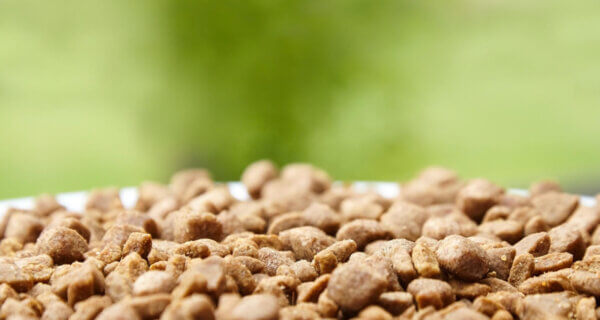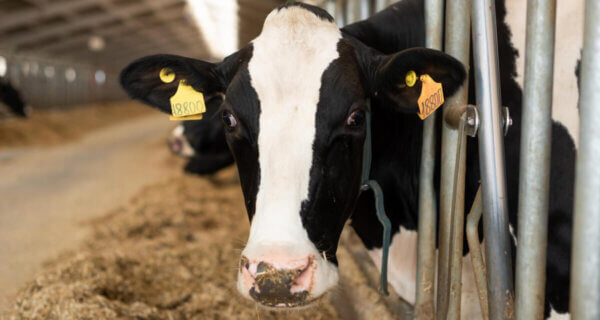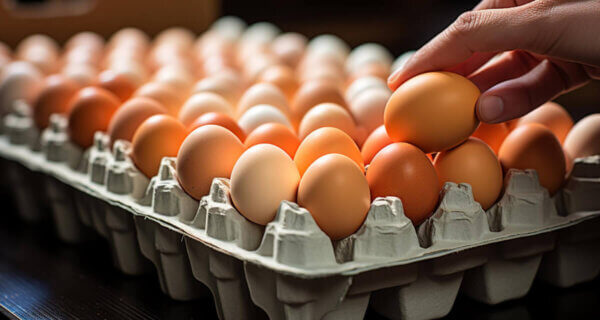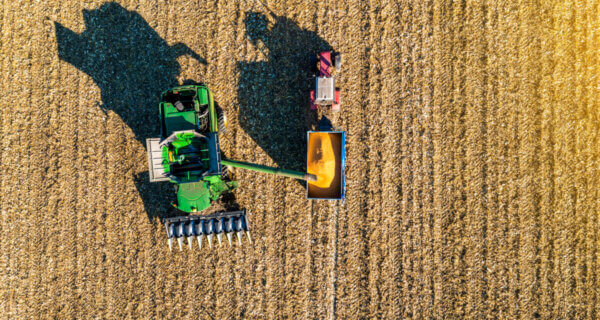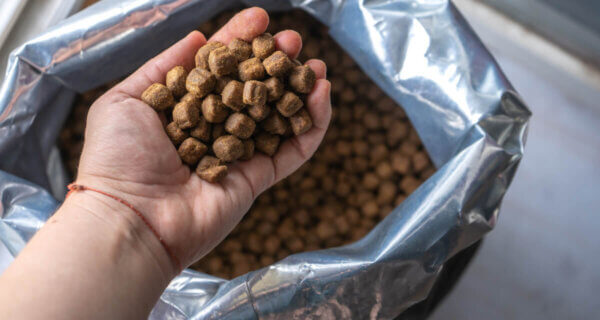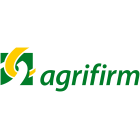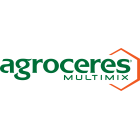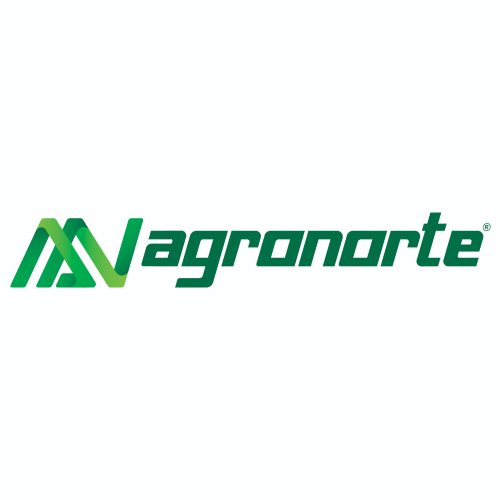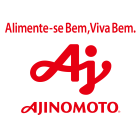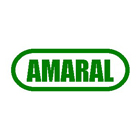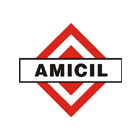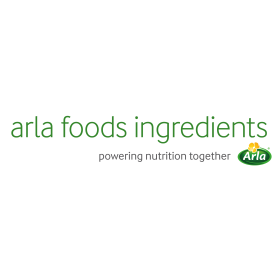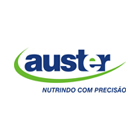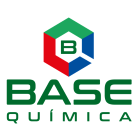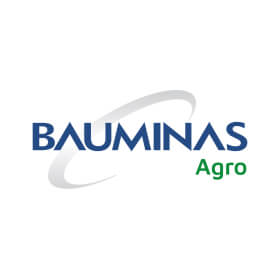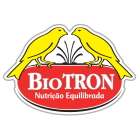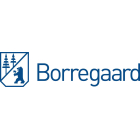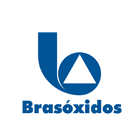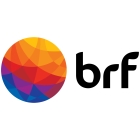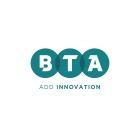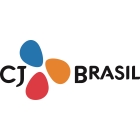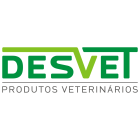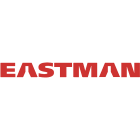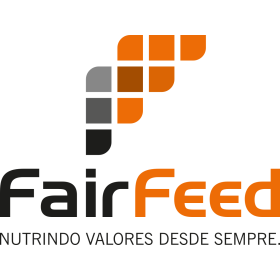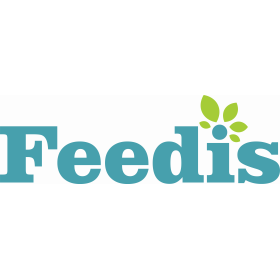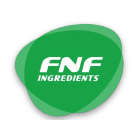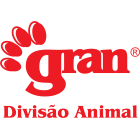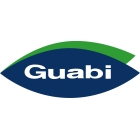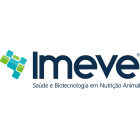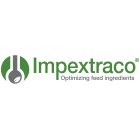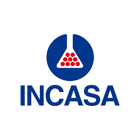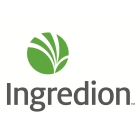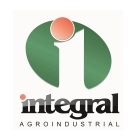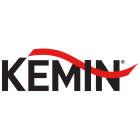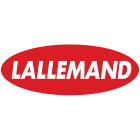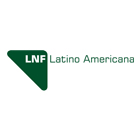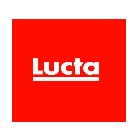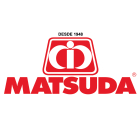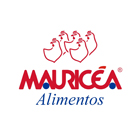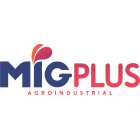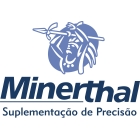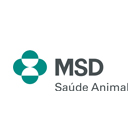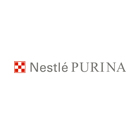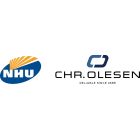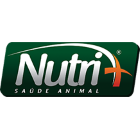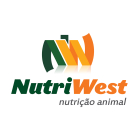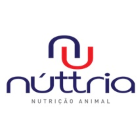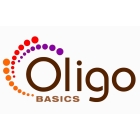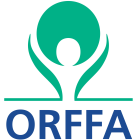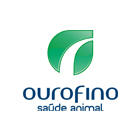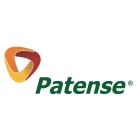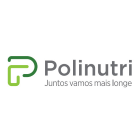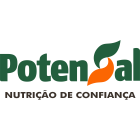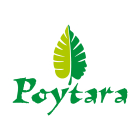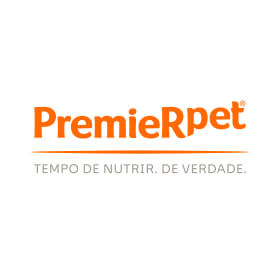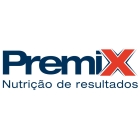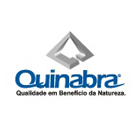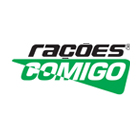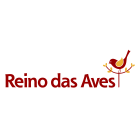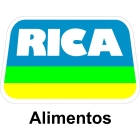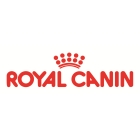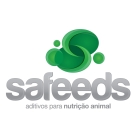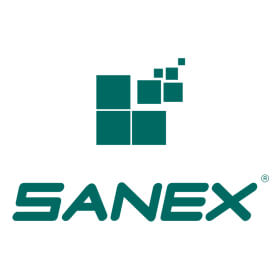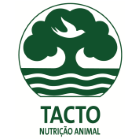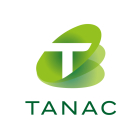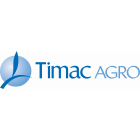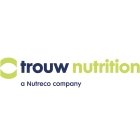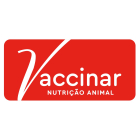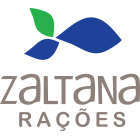7 January 2016 – According to the latest estimates provided by Brazil’s Feed Industry Association (Sindiracoes), Brazilian animal feed production in 2015 could amount to 68.7 million tons, up 2% from the 67.4 million tons recorded in 2014 – and this despite the economic instability in the country. Mineral feed supplements production, meanwhile, could rise 2.5% to 2.43 million tons (up from 2.37 million tons in 2014).
Dr. Ariovaldo Zani, CEO of Sindiracoes, tells Feedinfo News Service that during 2015, the effect of the local currency devaluation resulted in the prices of feedstuffs becoming more expensive for farm animal producers.
“In addition to the imported feedstuffs (mainly additives) whose prices are indexed to dollar, the price of corn skyrocketed 24% from January to November, while soybean meal rose 31%”, says Dr. Zani.
The reasons for the pressure on these prices include the abundant crop harvest in the US as well as the favorable weather conditions for planting and productivity in other South American countries, or the fall in oil prices. The impacts of China’s gradual slowdown, of the monetary downsizing and rising interest rates in the US, and of European recovery have still to be measured. But Brazil’s feed sector can be comforted by the fact that global demand for animal protein in general is still rising.
Zani adds: “The Real’s weakness and the huge volatility created a lot of concern for Brazilian companies in the sector which sell predominantly or exclusively internally. This is the case for many independent producers of broilers, eggs, swine, dairy cows, etc., who are eager to increase working capital in order to pay for feedstuffs and power whose prices rose a lot during the year”.
“The combination of the fast pace of depreciation and high volatility that plagued Brazil greatly increased the cost pressure on inflation and deteriorated the balance sheets of many companies with commercial and/or external financial liabilities”, he goes on to say.
However, Sindiracoes’ CEO points out that some of Brazil’s agribusiness exporters, such as the larger cooperatives, the meat, corn and soybean exporters, were in fact favored by the currency devaluation due to the better robustness of their financial situations.
Looking forward, Zani argues that the upcoming US monetary downsizing can further pressure the Real and stimulate inflation, fostering higher interest rates, increasing the high Brazilian debt, subsidizing the import and deepening the current account deficit production place, even though the valued dollar will enhance the competitiveness of agricultural products exported by Brazil.
Poultry Feed
According to the Sindiracoes estimates, feed for broiler chickens rose 3.5% to 32.4 million tons in 2015. However, production of feed for laying hens totaled 5.5 million tons and dropped 4.5% in 2015 in response to the deterioration of consumer purchasing power.
“Domestic consumer purchasing power has declined due to the economic deterioration”, explains Dr. Zani, who also points out that poultry increasingly replaced beef in Brazilian consumers’ shopping baskets in 2015.
“The devaluation of the Real and the avian influenza outbreaks in other exporting countries circumstantially favored Brazilian poultry shipments abroad”, he adds.
Swine Feed
Pig feed production in Brazil in 2015 amounted to an estimated 15.7 million tons, up 3% on the year. This was partly due to an increase in pig slaughter weight.
Also, the recovery in pork exports and increased domestic consumer demand resulting from high beef prices helped pig slaughter, though output of live pigs remained tight.
Cattle Feed
Cattle feed declined 0.5% to 8.02 million tons in 2015. Production of feed for beef cattle totaled 2.73 million tons and rose 2.2% in 2015, while production for dairy cattle dropped 1.9% to 5.3 million tons.
Dr. Zani explains that during 2015, the price (R$/15kg) of live finished cattle remained high, and so did the price of beef. Consequently domestic consumers opted for more affordable proteins, such chicken and pork. Limiting factors also included the setback in beef exports and the interruption of several slaughterhouses.
“The prohibitive cost of beef cattle replacement and, above all, the imbalance between supply and demand of calves, pledged to intensify feed lot projects. However sooner rather than later, it is expected that the cattle cycle will reverse due to the obvious withholding of cows from the market”, says Sindiracoes’ CEO.
“In the case of dairy, the supply chain has shown more caution and didn´t accumulate stocks of milk and dairy byproducts in response to weakening demand. The cost to produce milk went up, due to the increase in electricity, fuel, fertilizer and other input costs quoted in US dollars”, Dr. Zani adds.
“The decrease in the price of milk paid to the producers eroded profit margins and forced many of them to dry cows in advance, in order to reduce costs and improve productivity. In addition, seasonal climatic factors (drought, low temperature and brightness) also contributed to the downsizing of dairy cattle feed production”.
Pet Food
Estimated pet food (for dogs and cats) production for 2015 is 2.437 million tons, down 2.2% from 2014. Purchases of dog and cat food were also reduced as a result of inflation and rising unemployment.
Aqua Feed
Fish feed production in 2015 rose to 835,000 tons, up 10.7%, while shrimp feed output last year grew 5% to 105,000 tons. Total aqua feed production grew 10.1% to 940,000 tons.
Dr. Zani comments: “Despite the challenges triggered by the drought that impacted many fresh water reservoirs, the aquaculture supply chain was favored by the increase of tilapia population in several projects and intensive shrimp production across mobilization of low salinity areas”.
“Simultaneously the deficit in the global shrimp supply resulting from sanity problems in Asia has renewed the hypothetical future opportunity for the resumption of exports of Brazilian products”.


